Many months ago we had the privilege of partnering with Vanderbilt University School of Nursing (VUSN) to complete a health focused project at the Mission Home.
As a graduate of VUSN (Grace), I was especially excited at the plan for a global health professor, several nursing students, and a public health student to come to Ecuador and implement a health project on site at the Mission Home. Sadly, after the eruption of gang related violence at the beginning of 2024, the trip was suspended. Being the ever dynamic and capable group that they are, the VUSN team quickly pivoted direction and we were able to come up with a new plan together in consultation with the missionary caregivers at the Mission Home. After several video meetings, discussions, and electronic interviews with the missionary caregivers, the VUSN group decided to focus on building skills and sharing resources around trauma informed care and spiritual and psychological health of caregivers.
Trauma informed care is an approach to caring for others affected by trauma while being informed about the impacts trauma has on physical and psychological health. All of the children that come to the Mission Home have survived significant abuse or neglect and are placed at the Mission Home until a safe guardian can be identified. Trauma informed care is an essential part of serving these children. The missionary caregivers and staff members at the Mission Home have years of experience and a plethora of skills that already make them well equipped for working with children that have experienced significant trauma. But during the assessment phase of the project, the VUSN students noted that many of the caregivers had different definitions of trauma informed care. And during the pre interviews and discussions with the VUSN team, the caregivers shared that they would like more formal training and information about understanding and responding to the children to best ensure their overall health and well being.
- Jackie is a tutor, working with the 1st, 2nd and 3rd graders at the mission home.
- Gaby is a tutor, working with the adolescent girls at the mission home.
Caregiver burnout is a well studied and documented phenomenon in healthcare and social services. During the pre-interviews, the VUSN team noted that the missionary caregivers had many strengths to cope with and prevent caregiver burnout. The VUSN team decided to share resources around maintaining caregiver health, concentrating on the skills that the caregivers already demonstrated. In this way, the VUSN team better equipped the missionary sisters and staff to care for the children, and also to care for themselves.
The VUSN team ultimately shared their knowledge and expertise in two formats. First, they hosted two zoom workshops. The first for the missionary caregivers that take legal responsibility for the children at the mission home, and act as their true guardians during their time at the Mission Home. And a second for the hired staff at the Mission Home that work closely with the children, but are not their legal representatives nor do they sleep or eat in the same houses as the children. The zoom workshops covered basic terminology and information around trauma informed care, how to best care for children from a trauma informed approach, and offered a specific time dedicated to case discussions. The missionary caregivers and staff brought challenging cases or examples of behaviors or temperaments to the VUSN team and they discussed ideas to care for the children or address specific behaviors. The workshops ended with time dedicated solely to spiritual and psychological health of the caregivers. The VUSN team shared practical resources such as deep breathing and meditation exercises, and also discussed the importance of maintaining personal spiritual practices such as prayer. The presentation led to important discussions around daily care routines and seeking help in times of caregiver fatigue.
- Charito is a missionary sister that cares for a group of little girls, and also serves as the vice principal at the mission school.
- Fatima (left), is a missionary sister caring for the little boys, and Betty (right), is a missionary sister that leads missionary candidates and also is in charge of the kitchen at the mission home.
The second format that the VUSN used was electronic and printable resources for the missionary caregivers and staff at the Mission Home. The VUSN created two pamphlets, one about trauma informed care, and the other about spiritual and psychological health of caregivers. The VUSN team shared the resources with the Mission Home after the workshops and I was tasked with printing them for those that preferred physical copies of the resources. The missionary caregivers and staff were extremely pleased with the resources that they could continue to reference throughout their work.
In conclusion, despite the unforeseen challenges that disrupted our original plans, our collaboration with Vanderbilt University School of Nursing and the Mission Home has proven to be deeply impactful. The VUSN team demonstrated incredible adaptability and commitment by swiftly adjusting their focus to meet the urgent needs of the Mission Home caregivers in Ecuador. Through virtual workshops and informative resources, they equipped the caregivers with essential skills in trauma-informed care and strategies for maintaining their own well-being. This exchange of knowledge not only enhanced the caregivers’ abilities to support children who have experienced trauma but also fortified their own resilience and self-care practices. Moving forward, this partnership serves as a testament to the power of collaboration and innovation in addressing complex challenges in global health and caregiving. Together, we have laid a foundation for continued learning and support, ensuring a lasting positive impact on the lives of those we serve.


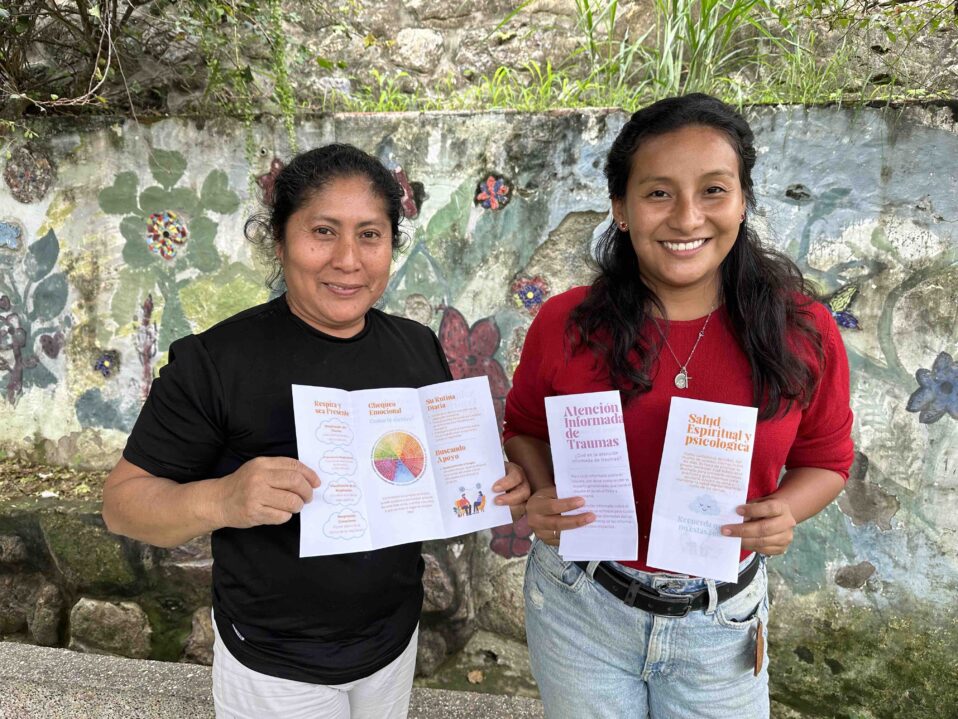
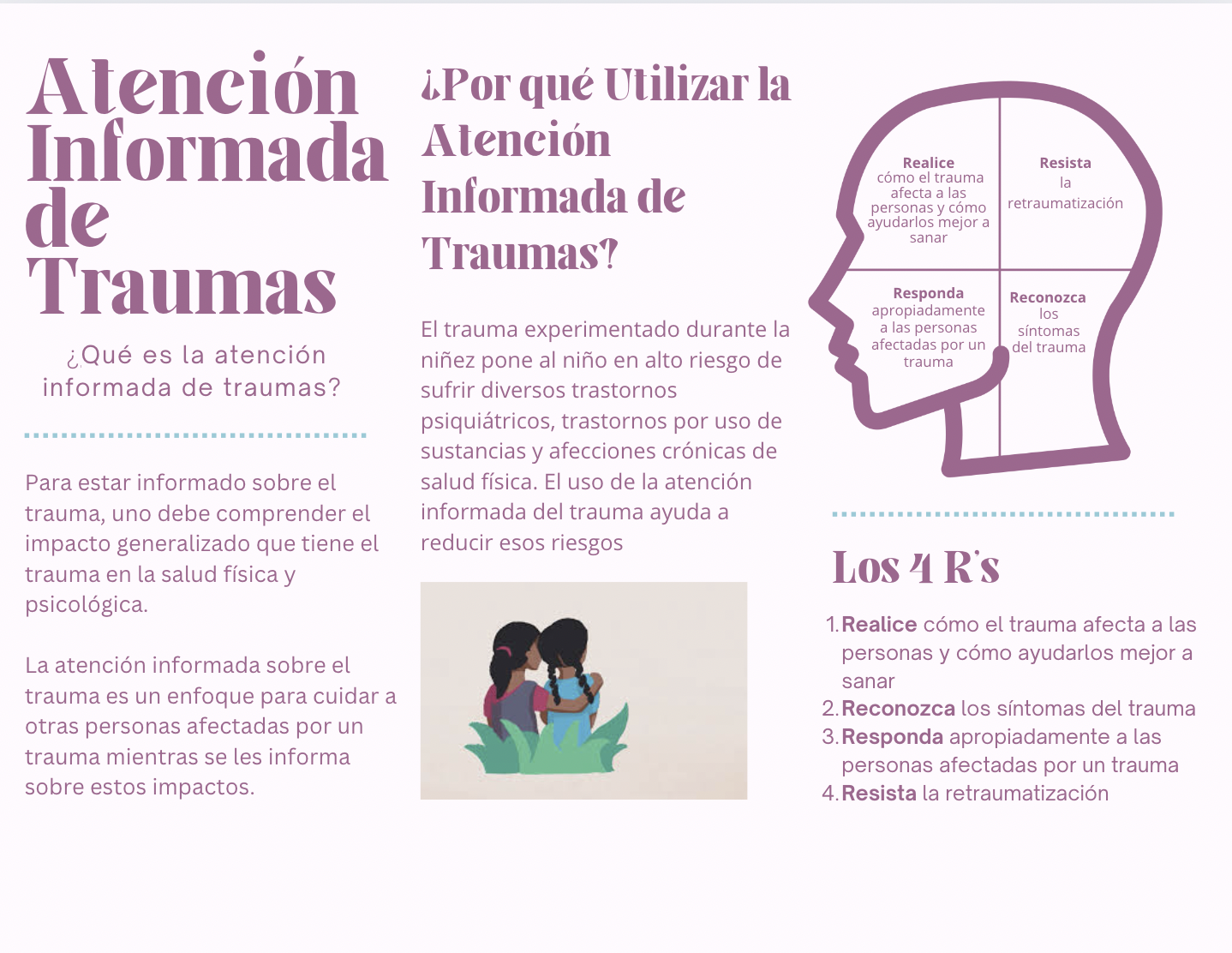
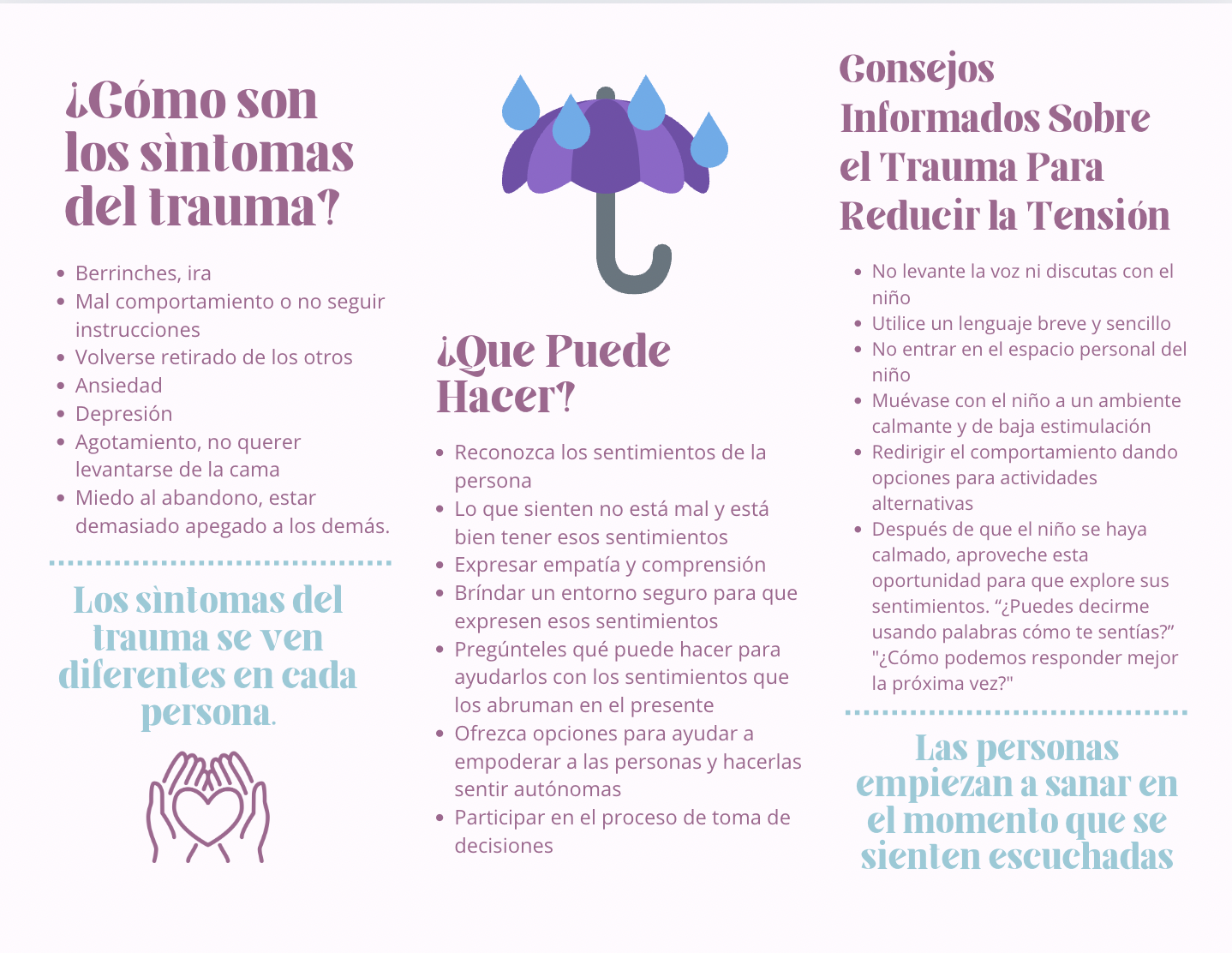
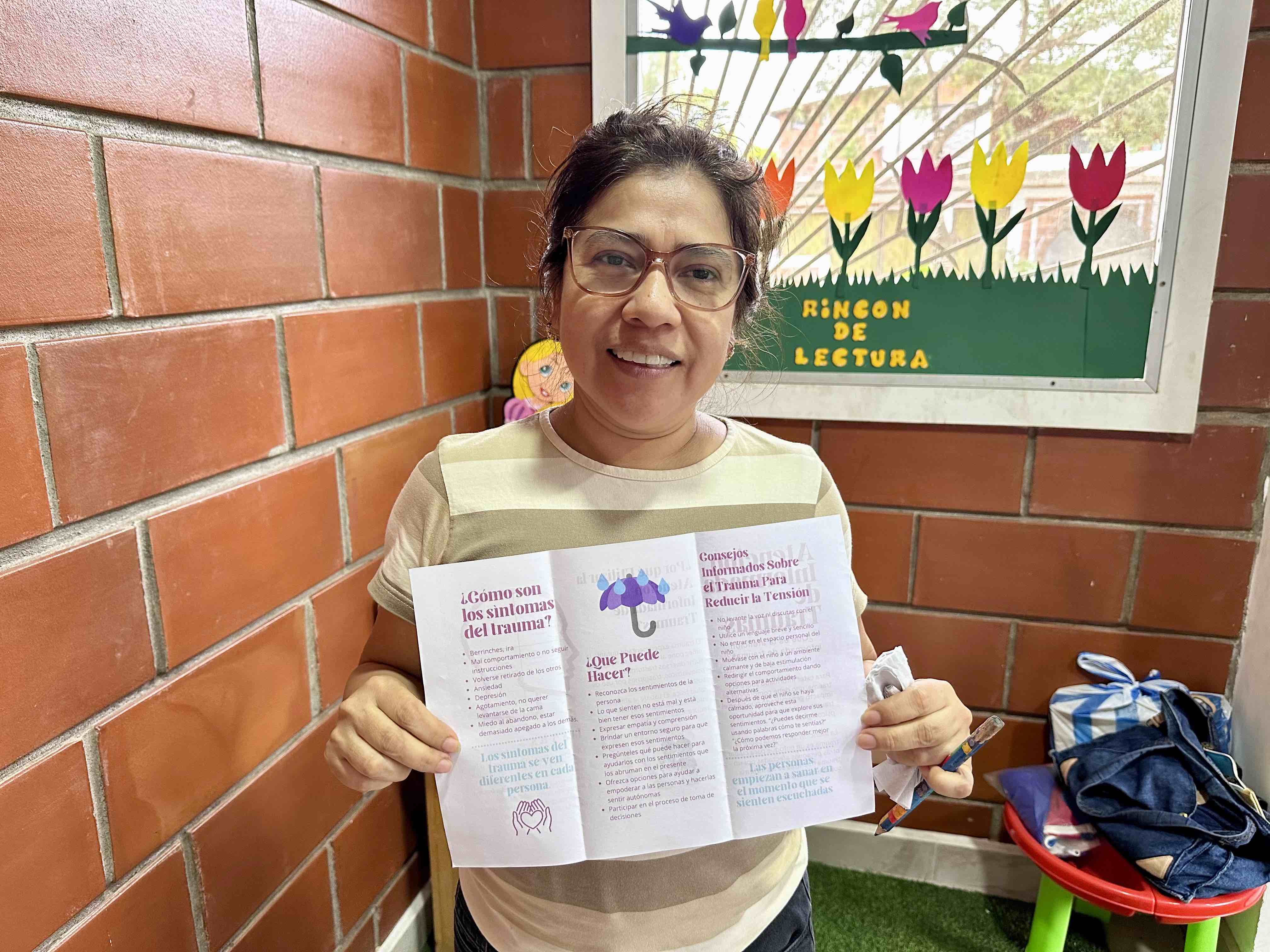
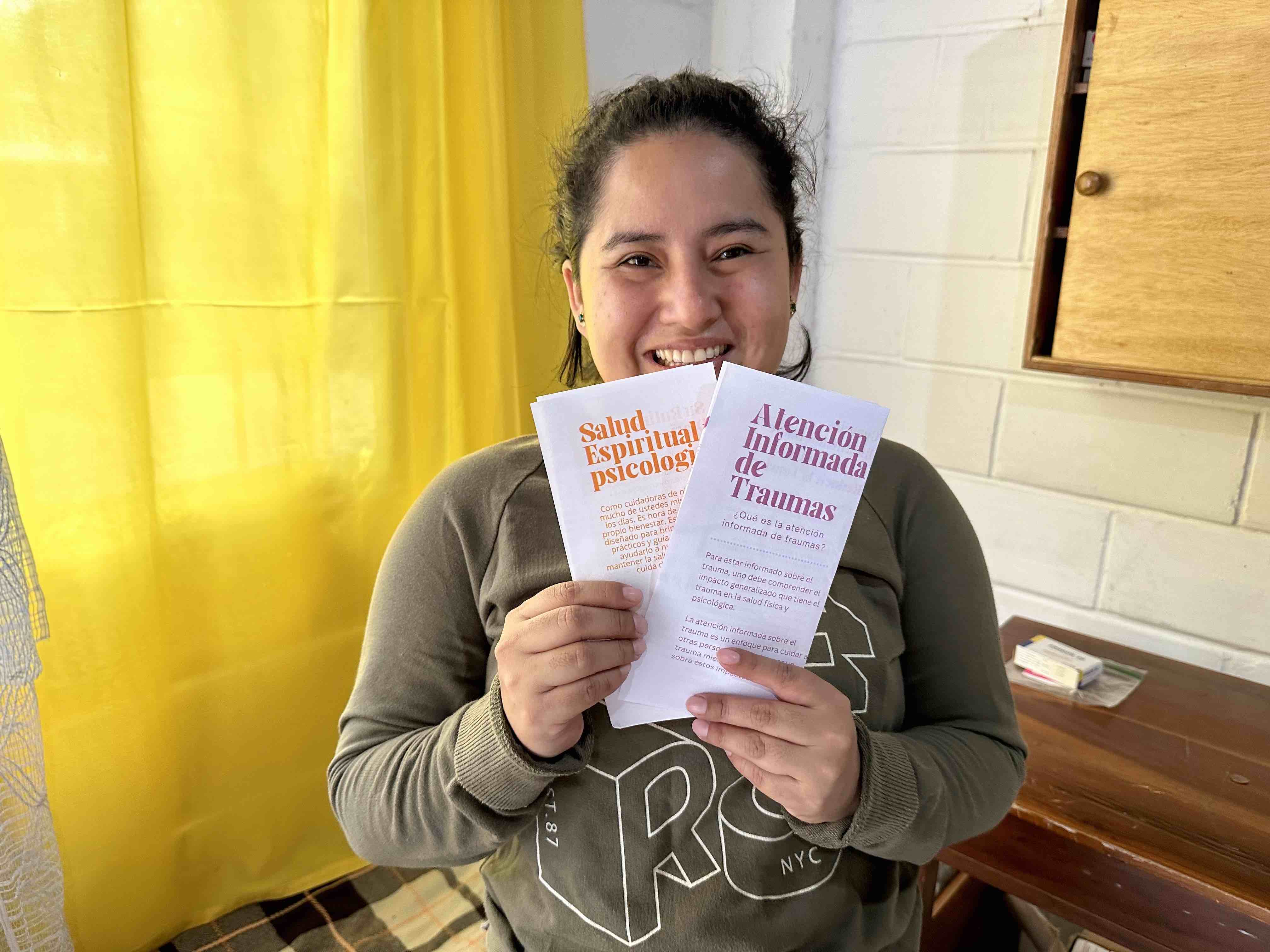
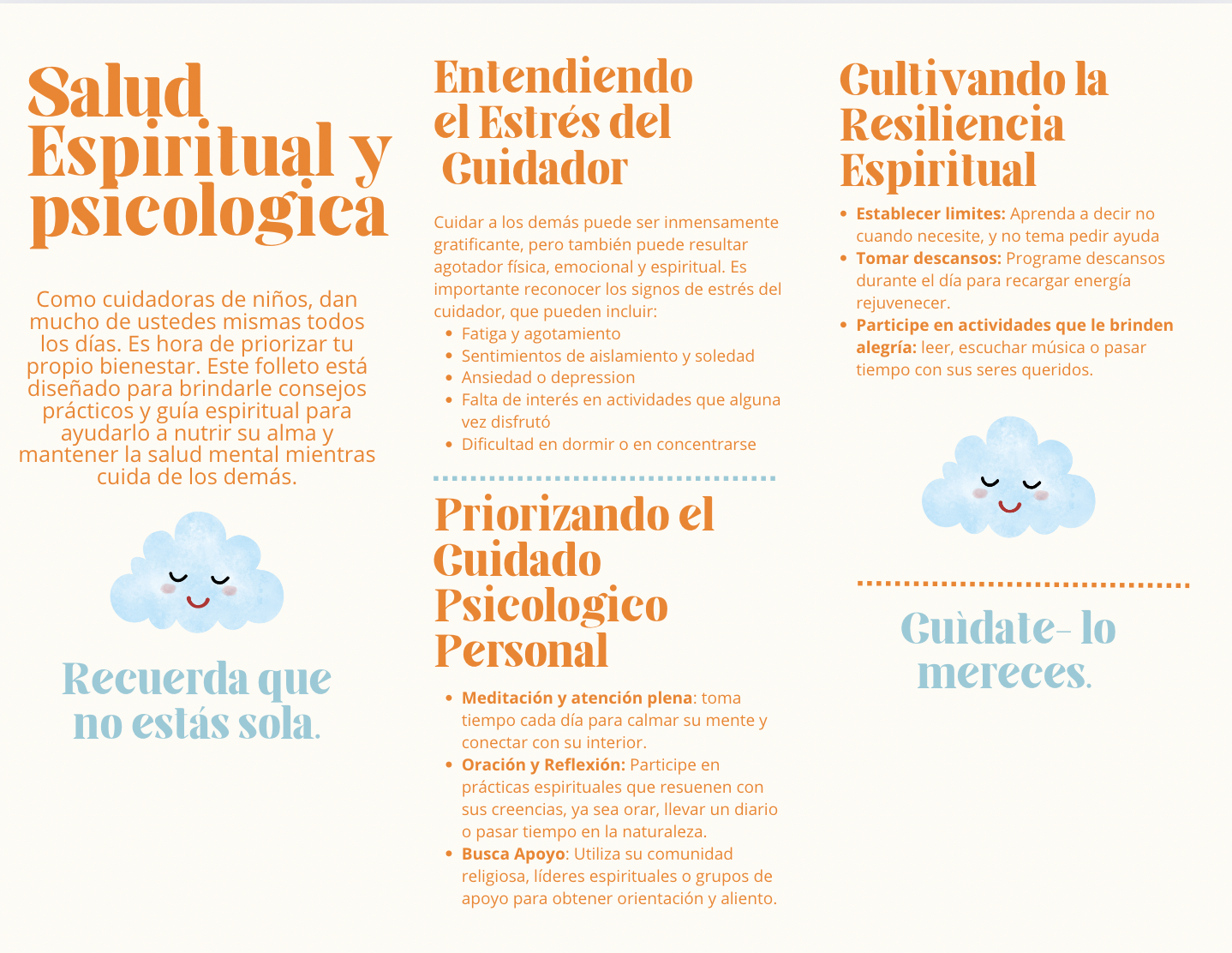
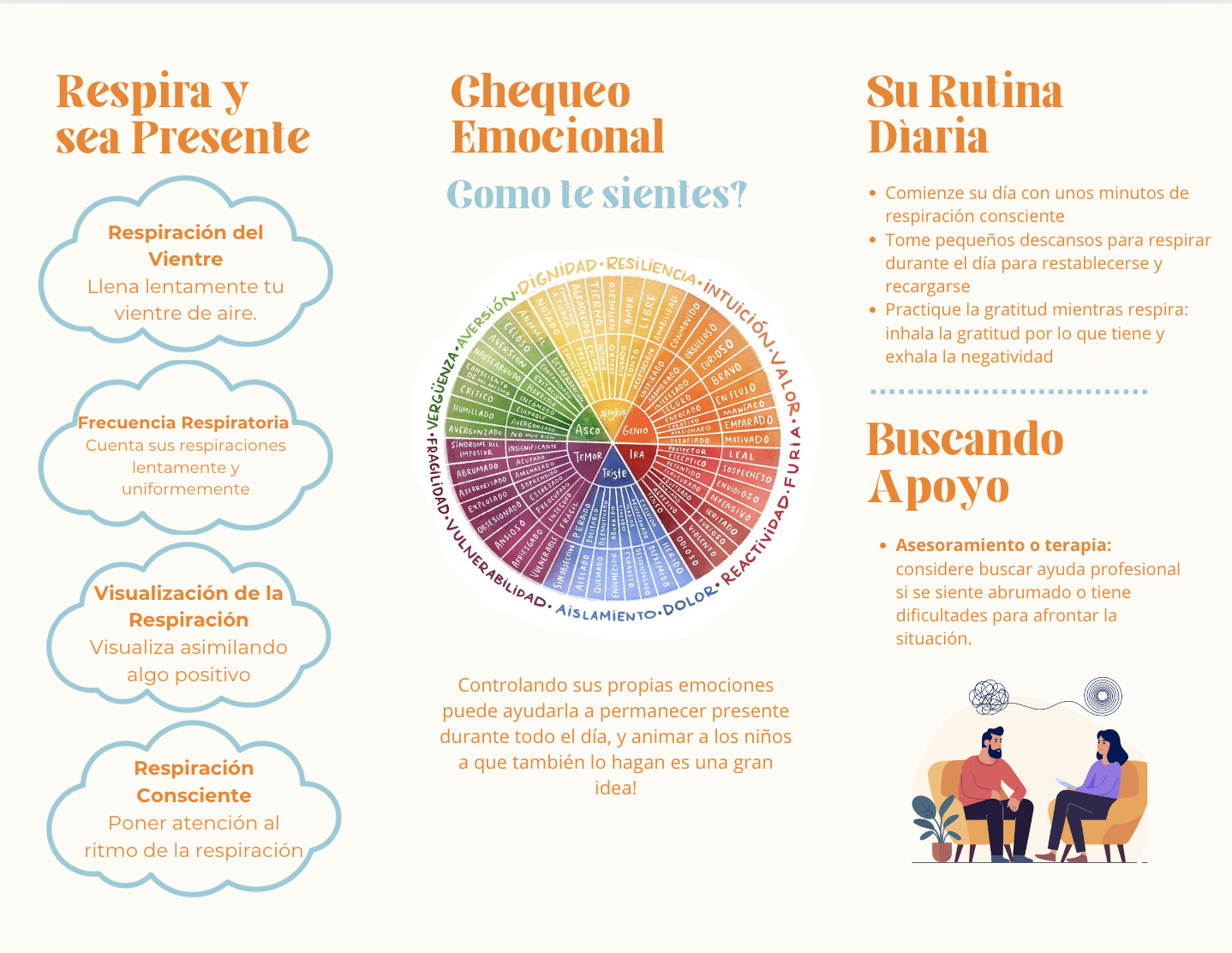
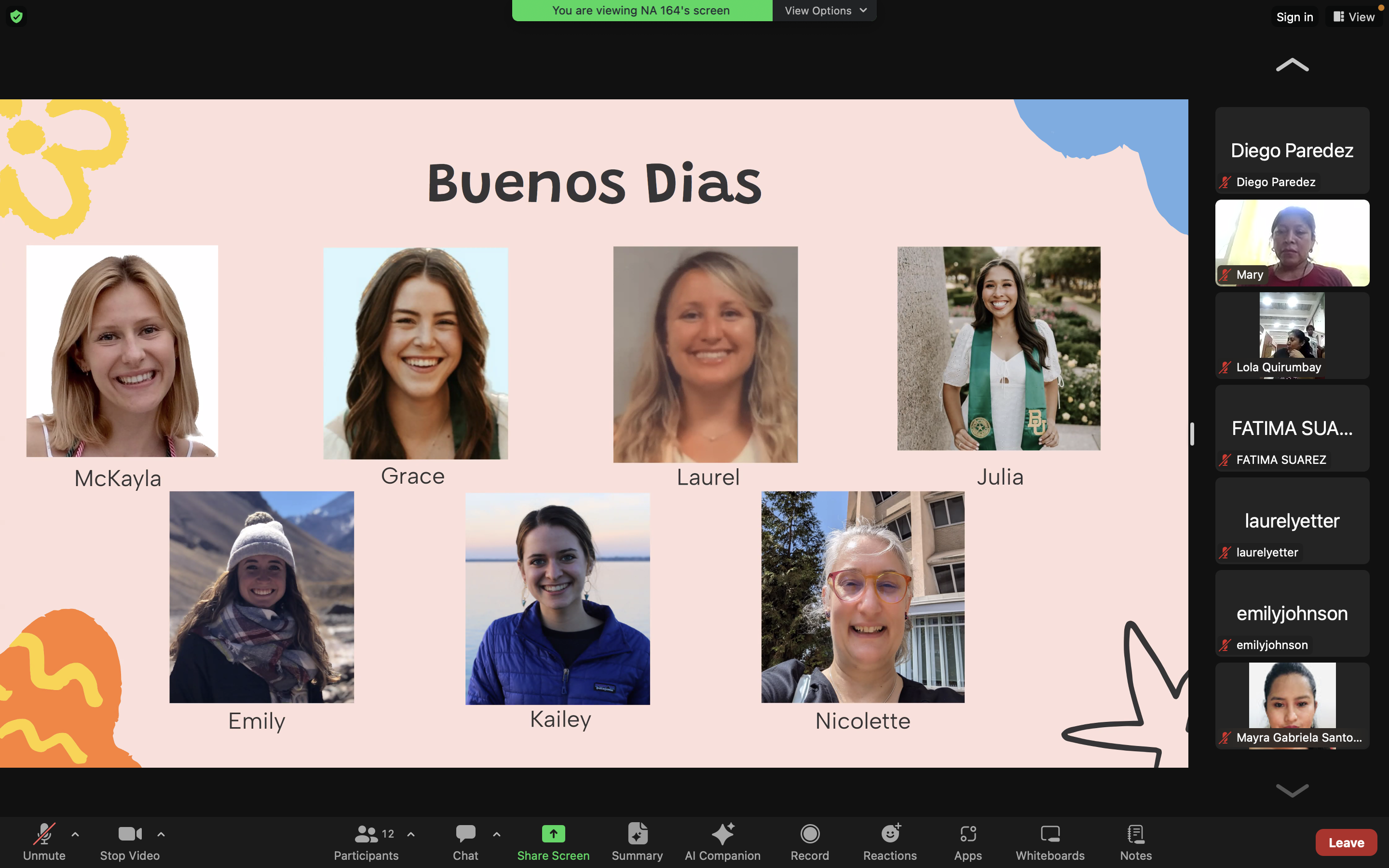
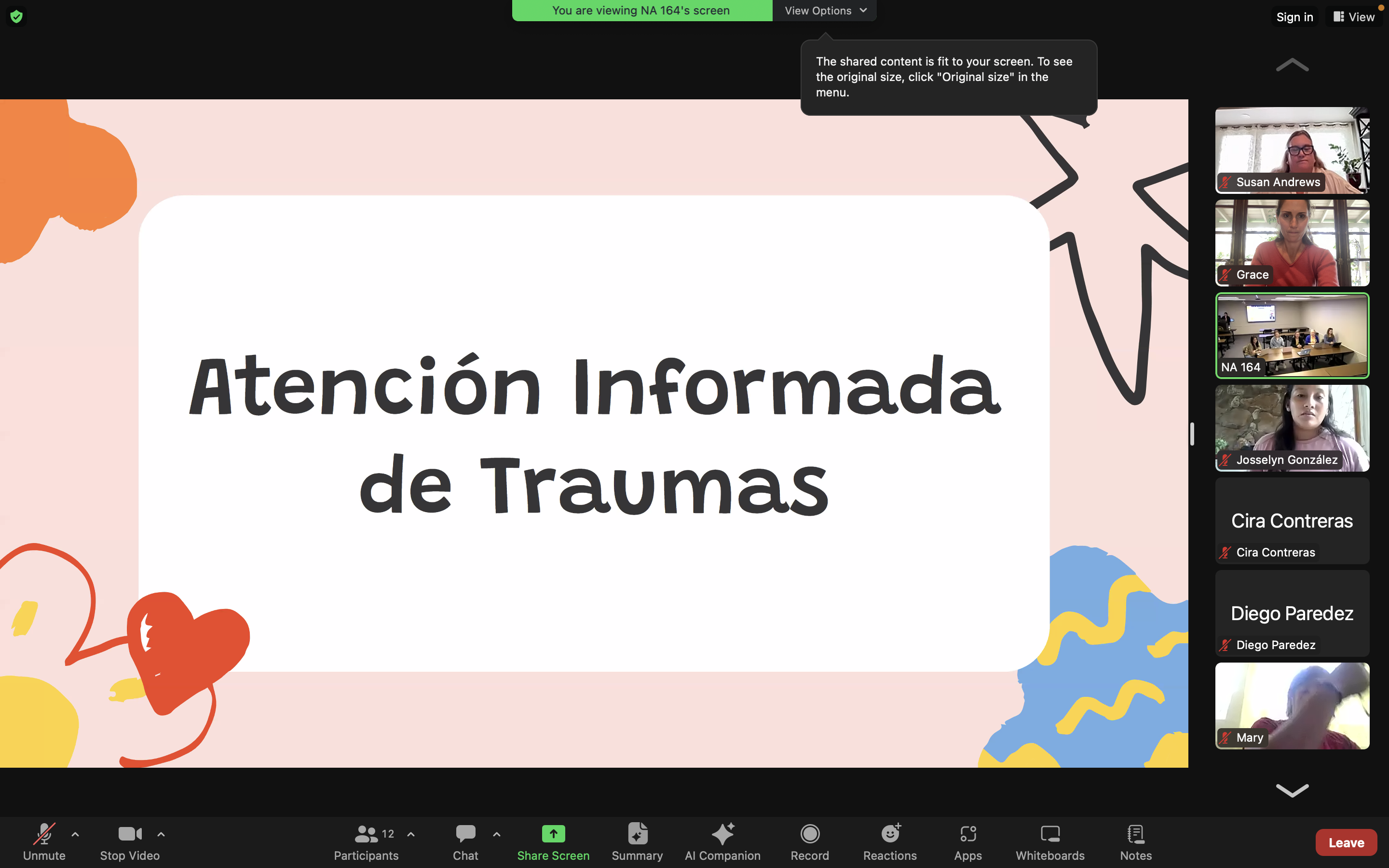
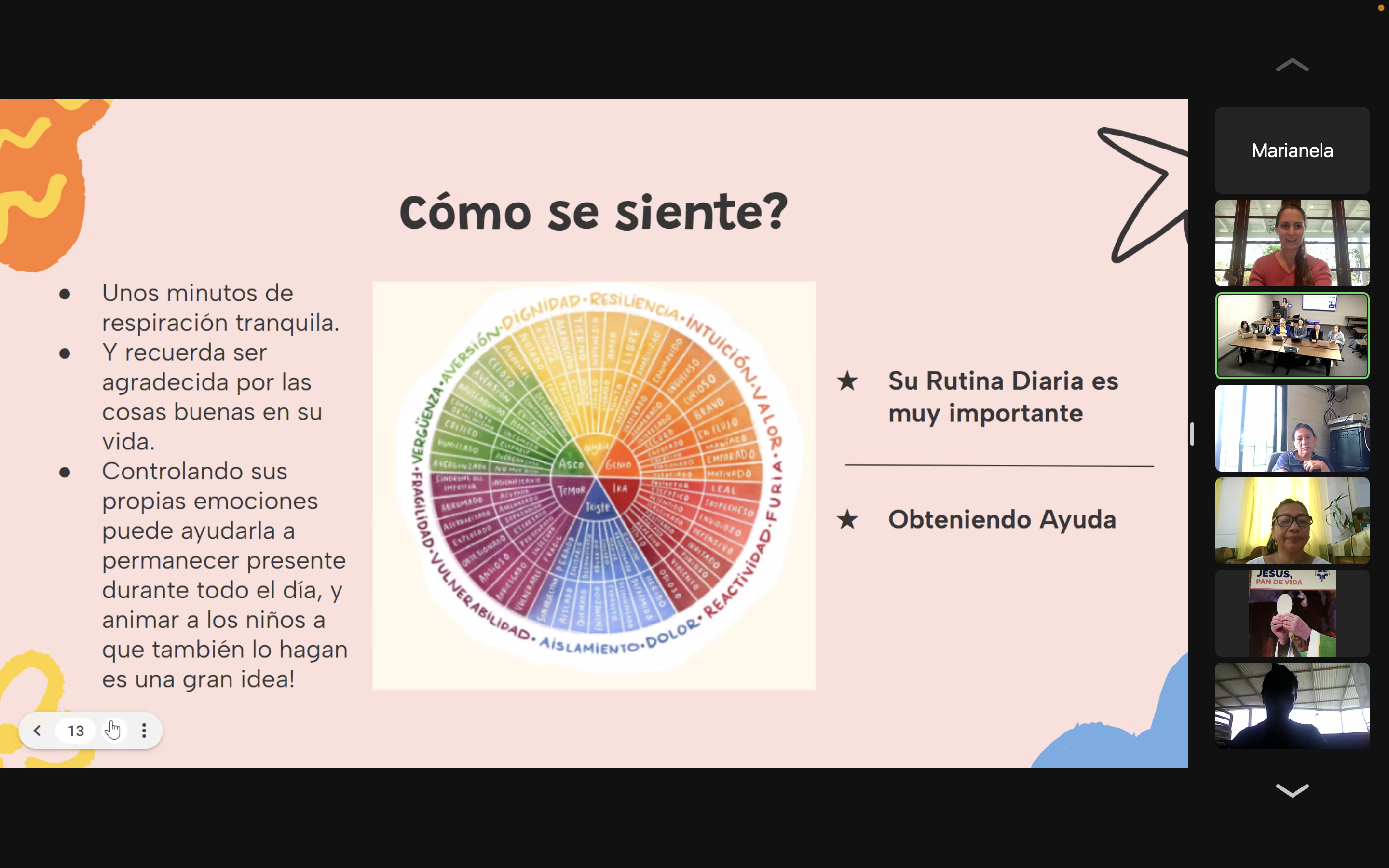
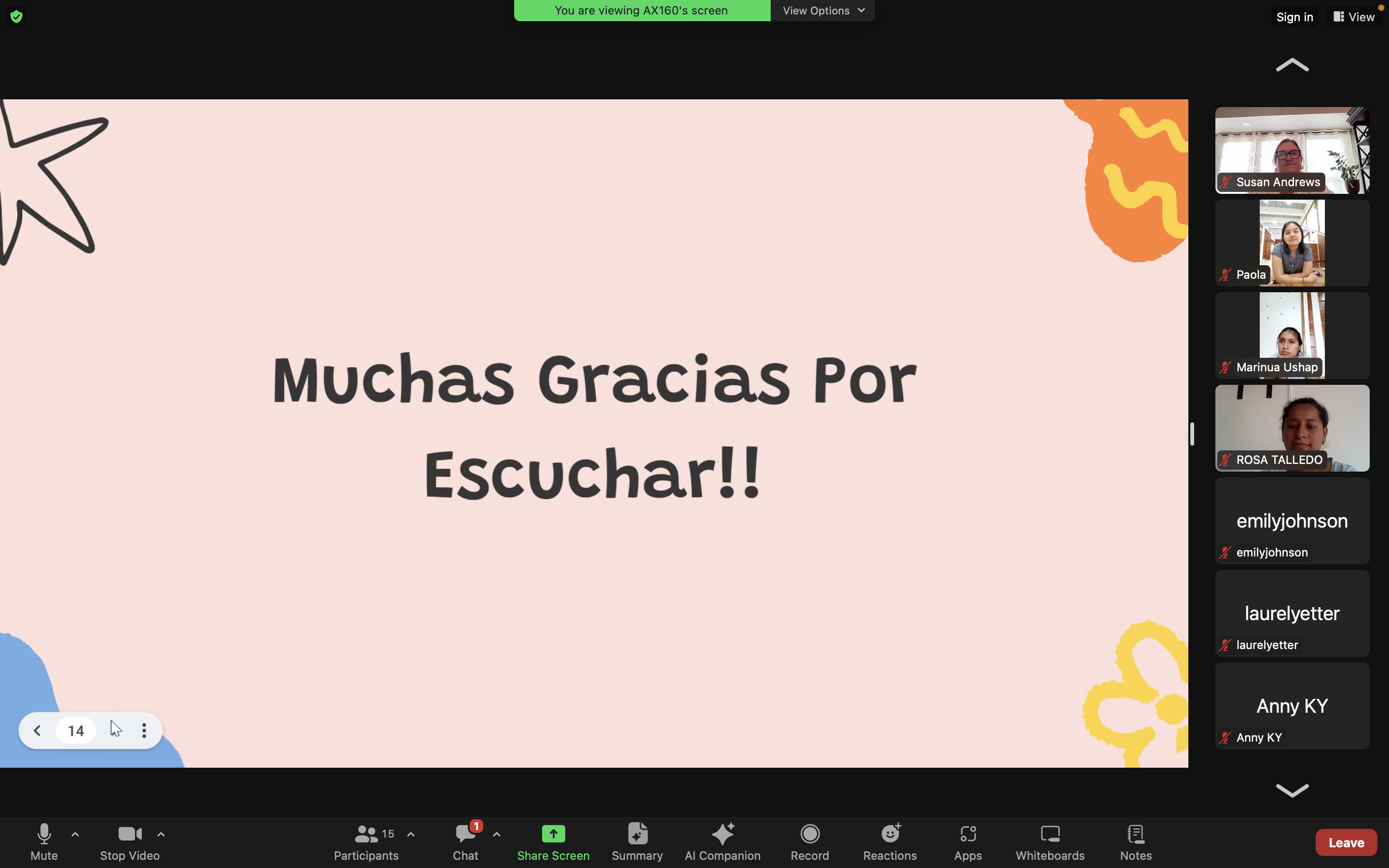
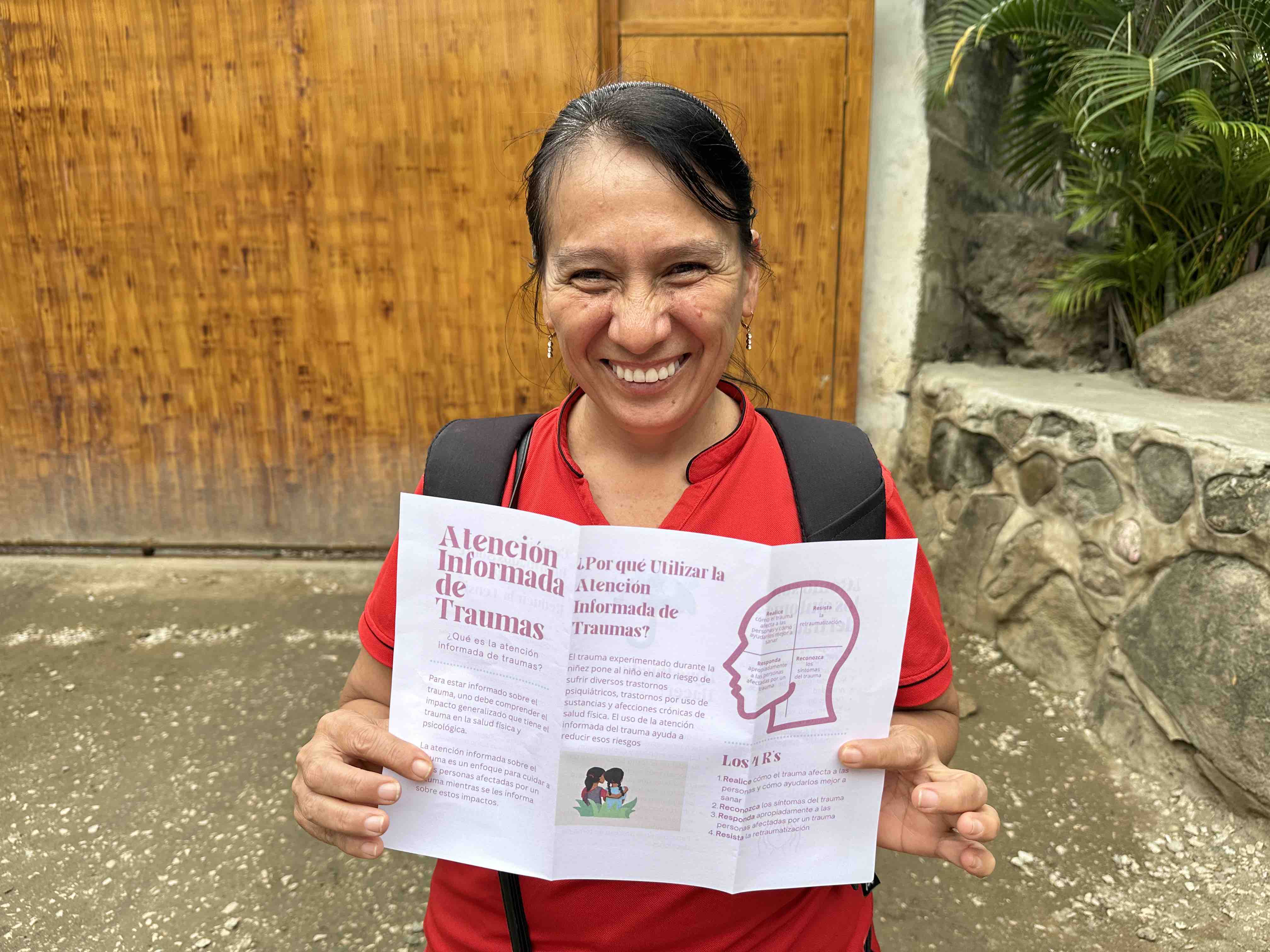
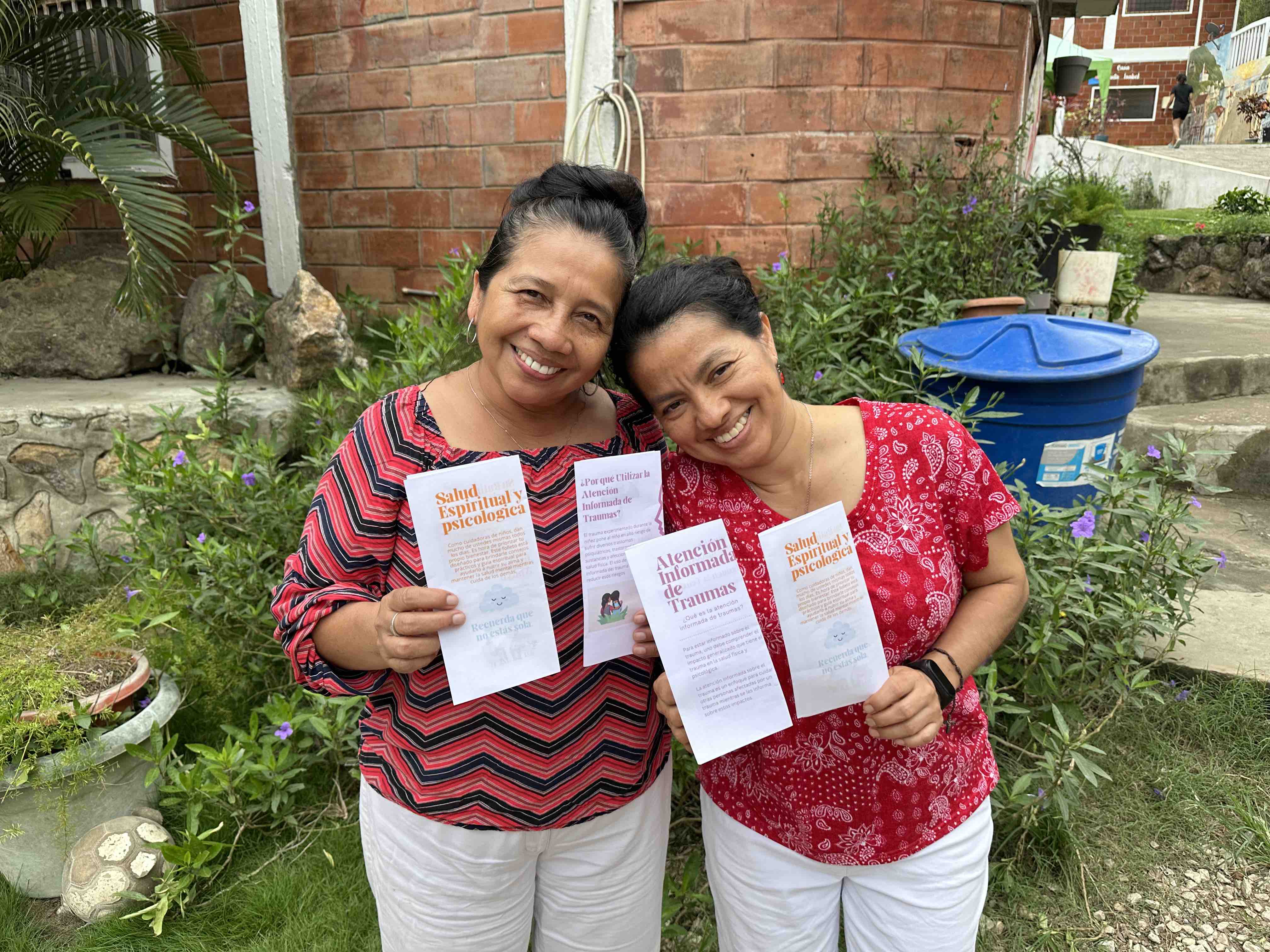
Recent Comments